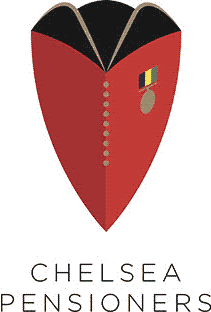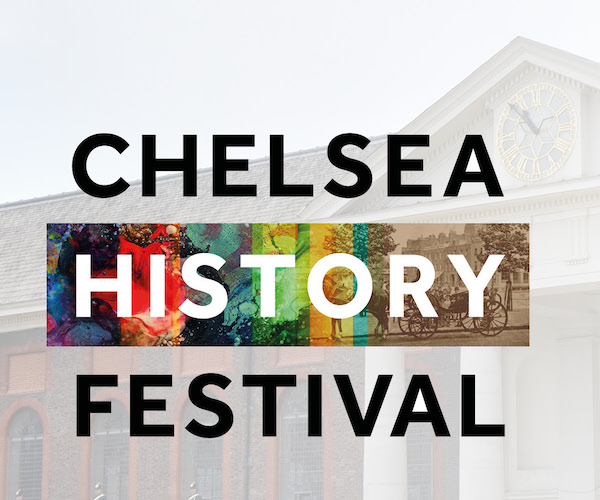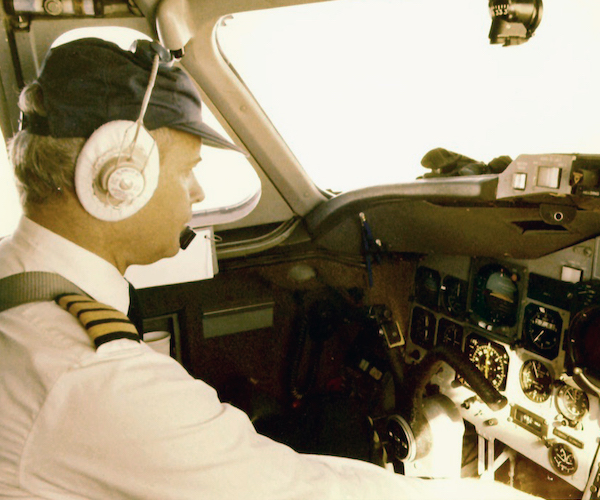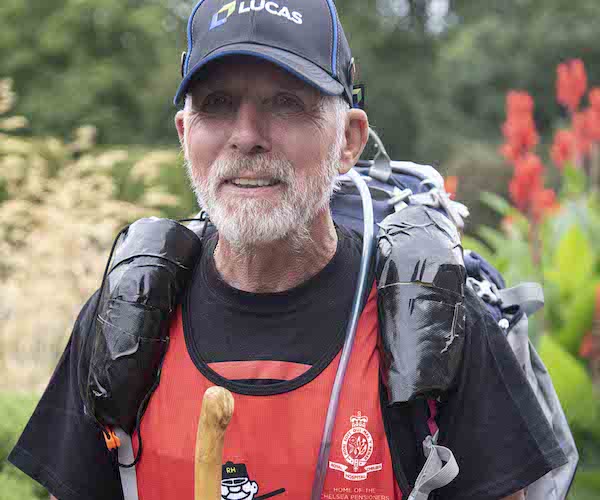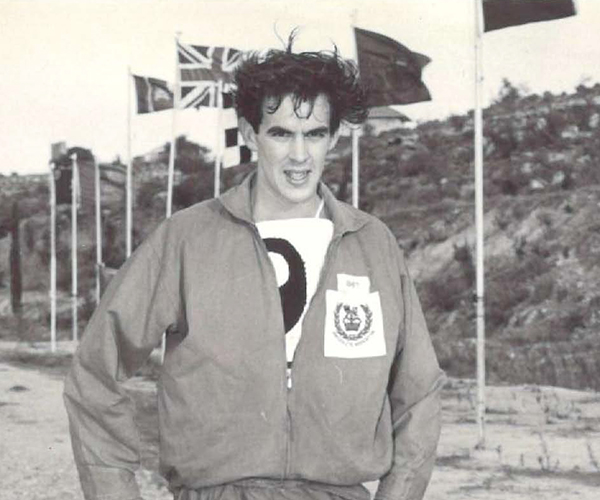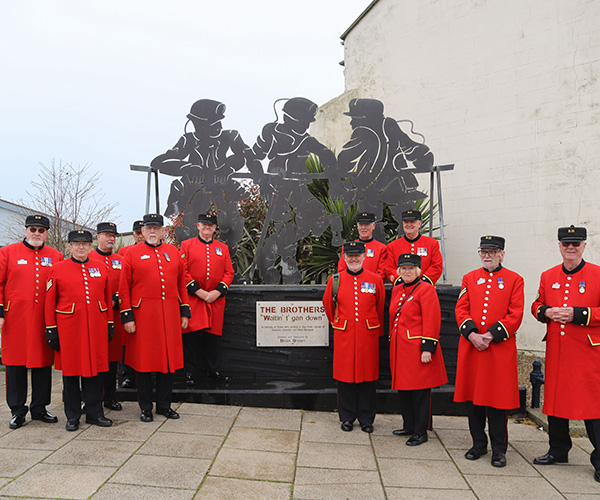Stars, storms and strangers – Alan Rutter’s back from his epic walk
4th October 2019
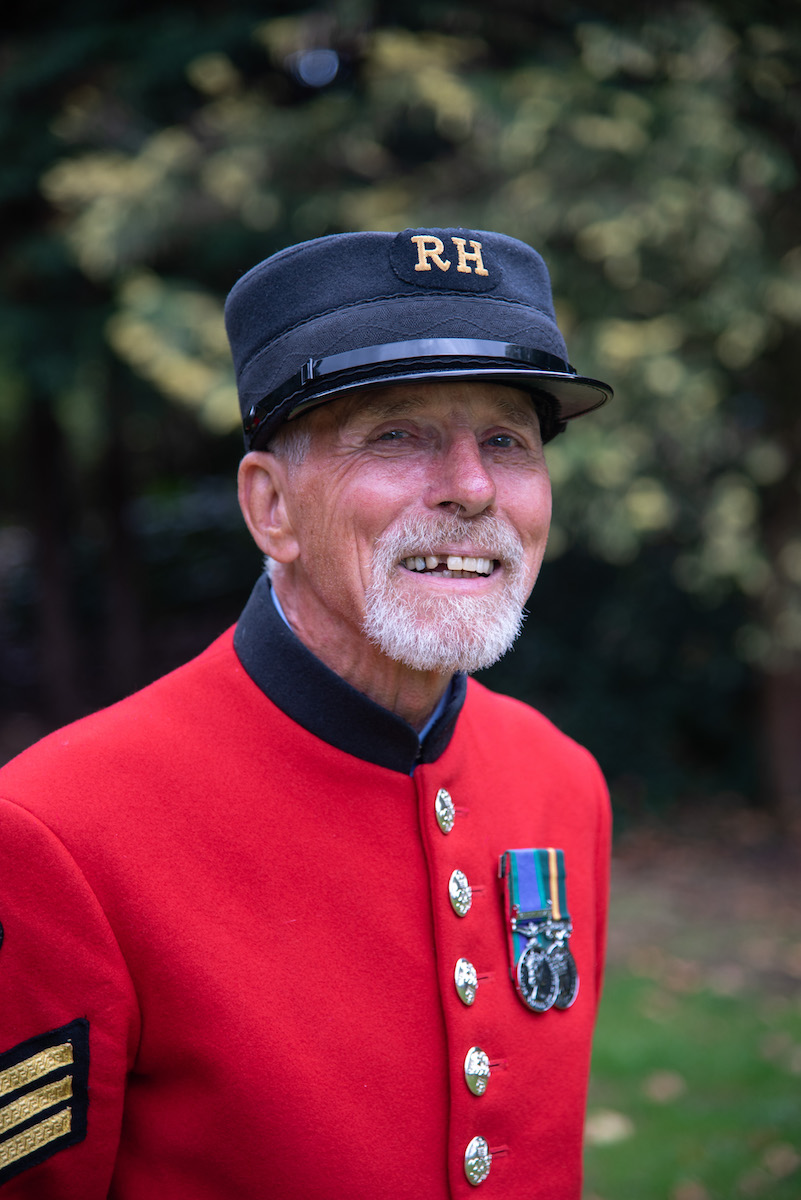
“There was an old boy playing the piano at the station. Ingrid was chatting to him and telling him what I’d done and he said he’d play something. Ingrid told him I was a Christian, so he hammered out ‘Hallelujah” and I got a hug from her. Then when I got back to the Royal Hospital, my friend Nick made me a gigantic cup of tea the minute I walked through the door. He knew I needed some good English tea.”
Alan appreciated home comforts after seven weeks retracing the 610-mile battle line from Dunkirk to Pletterhouse, on the Swiss border. At the start, Alan says he felt apprehensive, but he soon developed a routine:
“I could sort myself out and be in my sleeping bag within half an hour of stopping and I could be on the road within half an hour of waking. My Army training came in handy, because on active service you need everything at hand so you could immediately defend yourself. So I knew exactly where my phone, my charger, food and water were. I set myself a target of never doing less than 12 miles a day. The shortest I did was 12 and the longest was 20. A lot depended on the terrain. Some days I wouldn’t talk to a single soul, other days I’d meet people. On the way, I’d visit cemeteries and monuments and I was listening to Max Hastings on World War I on audio and learning about the battles and the decisions that were made.”
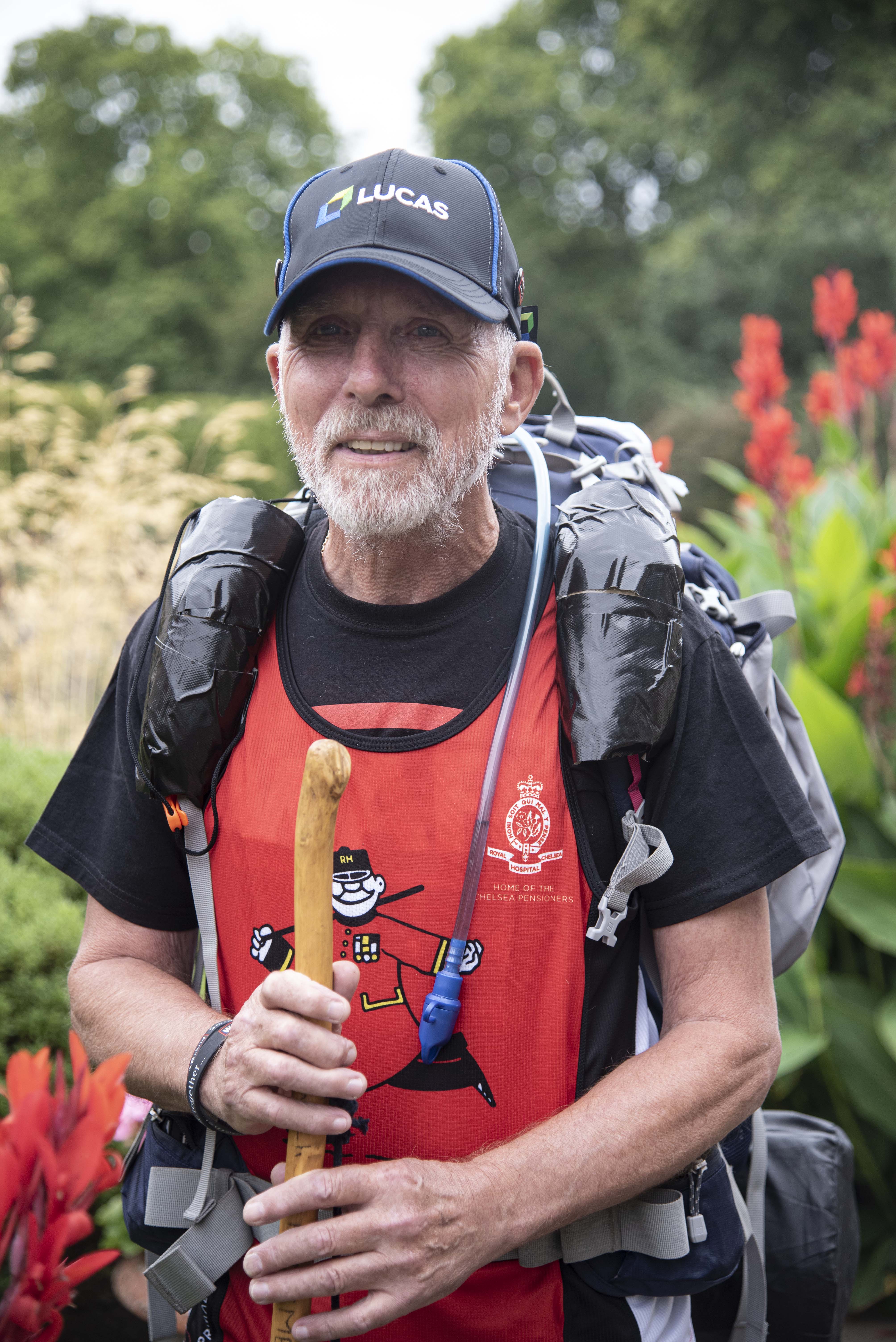
“You lie there and slowly the day passes and the sun goes down. I’d wait for the first star to pop out and then as the night closes in you see more and more. Then I’d start to recognise the constellations. My eyes would start to droop and I’d drop off watching the flashing lights of the planes come across the sky.”
“The scenery! Sometimes, I’d just stop and stare. The sunsets and the sunrises; cornfields that seemed to go on forever, woodland paths where I’d chop my way through the nettles with my staff. It was such fun. You never knew what would be around the next corner.”
Alan’s pilgrimage was punctuated by the people he met. He says the highlight of the walk was these encounters and the kindness that strangers showed to him.
“The first time, I was having major problems getting a cup of coffee. It was about 8am and I’d been walking for a couple of hours that day and I was going through a village. Through a window, I saw what I thought was a restaurant so I spoke to a man in the garden, who I assumed was the owner. I said, ‘You wouldn’t mind making me a cup of coffee?’ and he said, ‘Yes, come with me’. It was only when we went inside that I realised it wasn’t a restaurant! I felt embarrassed, but he insisted on making me coffee and breakfast. He charged my phone, filled up my water and we looked at my map together. Before I left, he gave me 20 euros for my fundraising!”
Three times, Alan was given a bed for the night. On one occasion, he desperately needed to charge his phone, which he depended on for communication and maps.
“I was miles from anywhere, when I came across a farm with a cottage attached. I knocked on the door and a man well into his 90s answered. He didn’t speak English, but I showed him what I needed. He found me a chair, plugged my charger in, got me a cold drink and then made a telephone call. I knew he was talking about me and I worried about what people would think about me being in his house. About half an hour later, a man with a big dog turned up. I was even more worried! But it turned out he was the grandson, who the man had called as he could speak English. He said, ‘My grandfather would like you to stay for a meal, and he wants to know if you would like a shower’. I had a hot shower and a good meal and then the young man said, ‘Grandfather said I’m to set up a bed for you, so you can sleep inside and be nice and warm. He wants to know when you’re getting up so he can make you breakfast’! I found out that the grandson’s brother lives in London, so I have their email address and I’m going to ask them to the Royal Hospital for lunch.”
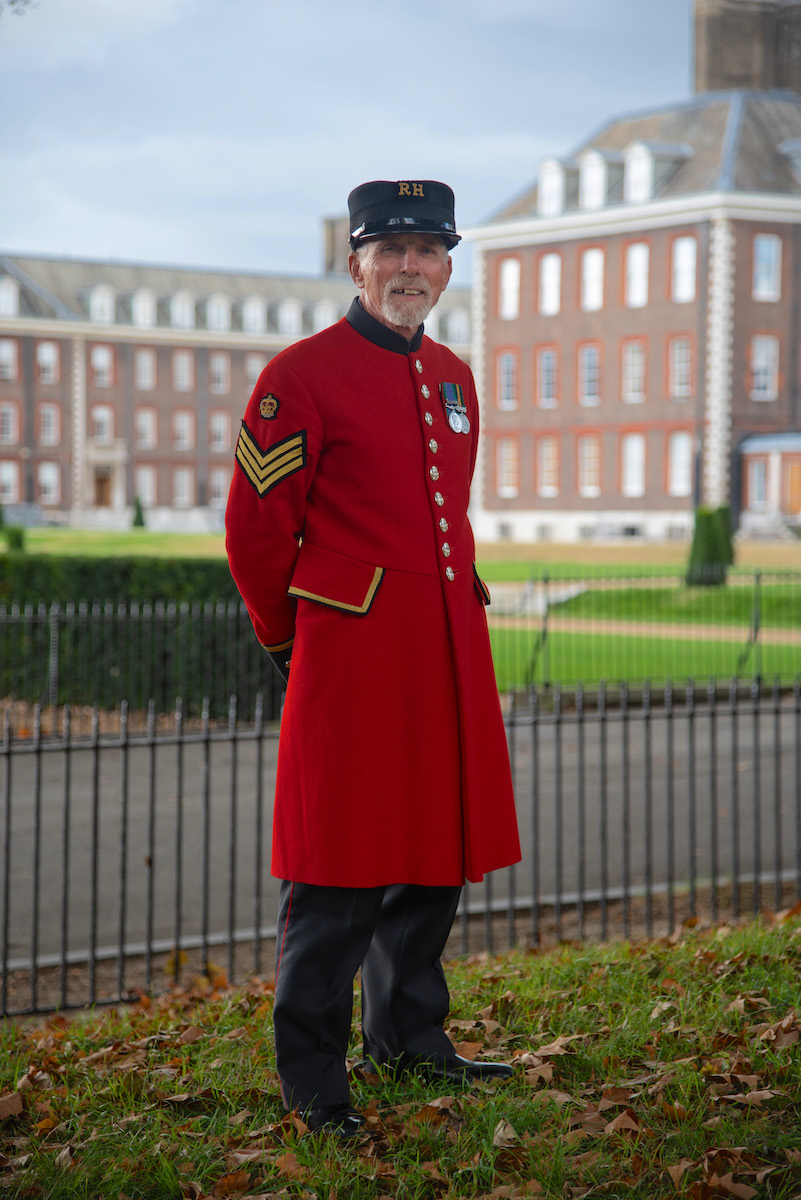
Perhaps the time Alan was most grateful for hospitality was when he got lost in the Champagne region:
“I’d slept in a huge valley among the grapes and the next morning I came to a big forest. I could see from my phone that the route took me four or five miles through the forest, but I was low on battery charge. On reflection, I shouldn’t have attempted it, but I did. Well, two or three miles into the forest, my phone went dead. I was in the middle of nowhere and nobody knew where I was. I started back-tracking but ended up going round in circles and became totally disorientated. I listened intently for traffic but couldn’t hear anything. Eventually I found a logging track and followed that, but it took me to a derelict cottage and a dead end, so I turned around. Eventually, I came to another cottage where two men and an elderly woman were packing up a car. It turned out one man and his elderly mother were about to return to his home in Paris, but the other man – their neighbour – said, ‘It’s OK, I’ll take him home for breakfast’. He charged my phone, his wife made me breakfast – and he even insisted on driving me to the other side of the forest – that was the only time I took a ride in a car.”
His other encounters included a visit from Nadine – a French woman whose family had put up soldiers from Alan’s regiment when they were moving through France after D-Day – and Ingrid, his colonel friend, who joined him for three days of the walk.
“The closest thing to being under artillery fire”
“You could see the storm coming. It was dark, dark, dark and then suddenly this noise. Then the rain came down in torrents, bouncing off the road. I was drenched, my socks and boots were drenched, my pack and everything in it. I had to walk for five miles to the nearest hotel to dry everything out. That storm was probably as close as I’ll ever get to being under a barrage of artillery fire. It was a tiny reflection of what those guys would have felt. It was a lesson to be learned.”
